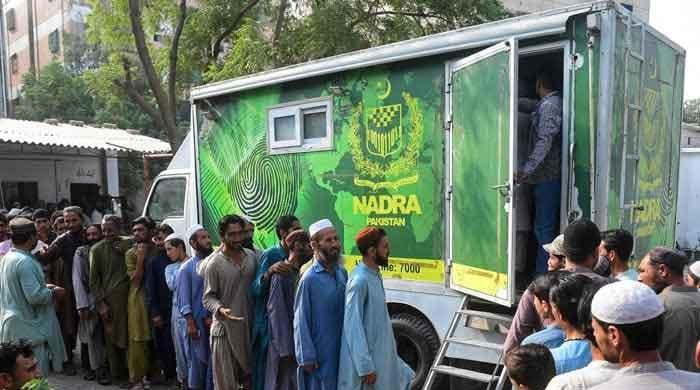NADRA Revamps National Identity Card Rules to Combat Fraud
The National Database and Registration Authority (Nadra) has implemented significant revisions to the National Identity Card Rules 2002, following directives from Interior Minister Mohsin Naqvi. These adjustments aim to curtail illicit activities, such as child trafficking, and enhance the integrity of Pakistan’s identification framework.
Having secured approval from the federal cabinet, Nadra has formally announced these regulatory changes.
Key Amendments to B-Form Regulations
As per the updated regulations, acquiring a B-Form now necessitates mandatory birth registration with the relevant Union Council.
- For children younger than three years, biometric data and photographs are not required.
- Children aged three to ten must provide a photograph and undergo iris scanning for B-Form issuance.
- Individuals between ten and eighteen years old are required to submit a photograph, biometric data, and undergo iris scanning.
A significant modification involves issuing an individual B-Form for each child, complete with an expiration date. While existing B-Forms will remain valid, a new B-Form will be compulsory for all passport applications. Nadra emphasizes that these measures are vital for preventing fraudulent registrations and effectively countering child trafficking.
Family Registration Certificate (FRC) Enhanced
The Family Registration Certificate (FRC) has been elevated to a legally recognized document. Applicants must now sign a declaration affirming the accuracy of the provided information. FRCs will be issued strictly based on Nadra’s official records.
Citizens are also required to register any unregistered family members within the system, with updates facilitated through the Nadra mobile application or by visiting a Nadra office.
Men in polygamous marriages must furnish comprehensive details for each family under the FRC. Addressing gender preferences, women can now choose to display either their father’s or husband’s name on their national ID card.
Decisions pertaining to the confiscation, cancellation, or restoration of ID cards will be concluded within a 30-day timeframe. To improve service delivery, non-chip cards will now incorporate most features of smart cards, including bilingual (Urdu and English) details and a QR code, without incurring extra costs. Furthermore, individuals who voluntarily report previously provided false information used in card issuance will receive legal protection.



Comments (0)
No comments yet. Be the first to comment!
Leave a Comment